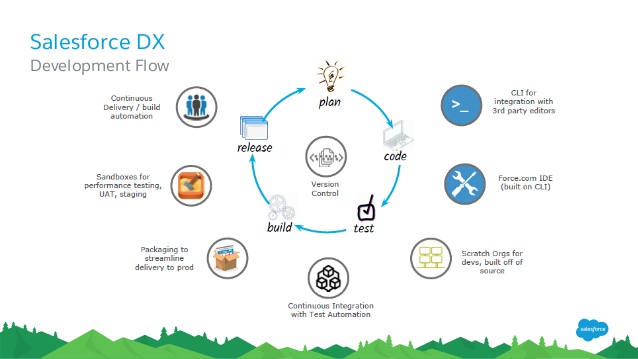What Are the Differences Between Dedicated vs. Shared Proxies?

Privacy has become hard to maintain with the growth of new technologies. Some experts say that we are now at that point in time when we’re surrounded by devices and software that makes our privacy a thing of the past.
Luckily, proxies are one way of countering that. Besides ordinary people cashing out for them, more and more companies are investing in proxies to keep their privacy and improve their safety and security online.
What are proxies? What types of proxies are out there? Between dedicated IP vs shared IP proxy, which one is a better choice? Should you invest your money in such technology?
In this article, we’re going to answer these questions to give you a better understanding of how this technology keeps your business safe and private from unwanted security breaches.
Defining Proxies
A proxy server acts as an intermediary between a client’s device and a server he’s requesting action from. It will perform any action needed instead of the client, and while doing that, keep him anonymous while browsing the web pages.
In more simple words, a proxy server is a virtual computer with its own IP address that keeps your real computer IP hidden. Like that, you’re more than safe from browsing the web. With good header optimization, it will also increase the speed of your connections by using cache memory.
The proxy also plays a key role in data safety and security on servers, which we will talk about more down in the text.
How They Operate
If you’re trying to make yourself invisible to others, a proxy server will keep your real IP hidden. As we mentioned above, a proxy server is a gateway between your device and the internet. When you make any request on the website, it will go through the proxy server, which will send it and receive it instead of you.
Because the proxy will do it on your behalf, your identity will remain hidden. Besides maintaining your privacy, it also works as a firewall for dealing with any threat your server might encounter. It will filter any suspicious action requested and keep your data safe.
It does that by monitoring and maintaining data flow from your servers. Any overflow in the information requested from you, a proxy server will be considered a security threat and will block it before it’s too late and all your data gets compromised.
Most Common Types of Proxies
Choosing the right type of proxy server might sound difficult, but if you know what kind of service you need, it’s not that hard. There are many types out there unique in their own way, but we will mention only the most common one used by many.
1. Transparent Proxy
This type of proxy server is just as it sounds, a transparent one. Besides the requested action, a proxy server will send your real IP address along with it. People mostly use it to deal with simple website bans and set up a web page filtering system in some companies.
2. Anonymous Proxy
Anonymous proxy works quite the opposite of a transparent proxy. It will hide your IP address actively while you browse the internet. It’s a favorite type of proxy for all those who are trying to avoid their location and real identity revealed. It’s also handy for keeping you hidden from all the ads following you on every site you visit.
3. Shared Proxy
It’s one of the most common ones for a reason. This type of proxy server is not so expensive to invest in. However, by reading his name, you can figure out that you’ll have to share it with more users. Thus, it will affect your bandwidth, and your browsing speed will slow down.
4. Dedicated Proxy
On the opposite of a shared proxy, a dedicated proxy is only for you, and it’s not shared with others. Like that, the connection’s bandwidth is all yours, and you can browse the pages at great speed without interruption.
5. Rotating Proxy
When using this type of proxy server, it will generate a new IP address every time you connect to it. You will never have the same IP address ever again, and your identity will remain even more secure.
Dedicated vs Shared Proxies
Now, the big question, which one you should choose. A dedicated proxy is a choice of many who look for a good and reliable service. One of the bad sides of using a shared proxy is if one of the users gets banned on a specific website, it’s game over for all the users sharing the same proxy server.
Besides that, if you use the shared proxy at the same time, your connection speed will slow down. Choosing a private proxy eliminates any outside factors for having a good and reliable proxy service. It will cost you more, but the reality is that you’ll get much more with every cent you invest.
It also guarantees that all your personal data will be secure and safe from any security breach. These are the key points that make a private proxy a better choice over a shared one.
Conclusion
Internet safety, security, and anonymity are a great concern nowadays. Investing in a proper proxy service will help you deal with these matters, and we can’t stress enough how important it is thinking about doing it.
If you’re just an ordinary user or a business, a proxy server will come in handy for keeping your identity and data safe and secure.





